Affiliate links on Android Authority may earn us a commission. Learn more.
After testing a Sonos, I realized I’m better off with a dumb soundbar
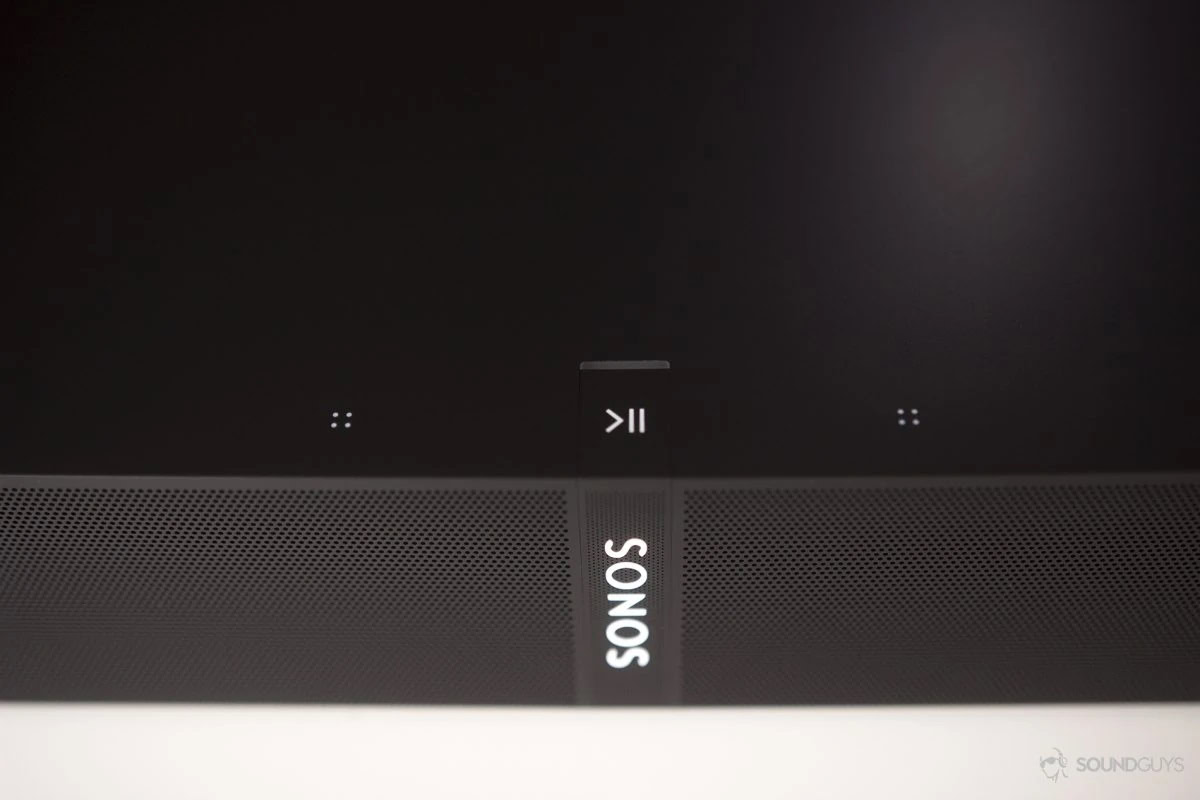
It’s almost hard to believe now, but soundbars used to be a novelty. The idea of merging stereo and/or subwoofer components into a single unit seems obvious in retrospect, and many people don’t need anything more if they’re going to upgrade their TV’s audio. A soundbar simplifies setup and wiring, and more advanced models simulate spatial audio formats like Dolby Atmos without the cost (or hassle) of satellite speakers.
Smart soundbars are increasingly common, with the natural appeal that they kill two birds with one stone — boosting TV audio while putting a smart speaker in your living room or bedroom. Even models without onboard voice controls still support varying degrees of smart home integration, such as automations, or casting technologies like Google Cast and AirPlay.
I’ve had a chance to test a few soundbars in my career, perhaps the best of which was the Sonos Playbase. But even with that positive experience, and still better options available these days, I’m thinking the next one I buy myself will ditch most (or all) smart features. Here’s why.
Do you own a smart soundbar?
Doing double duty is doubtful for a smart soundbar
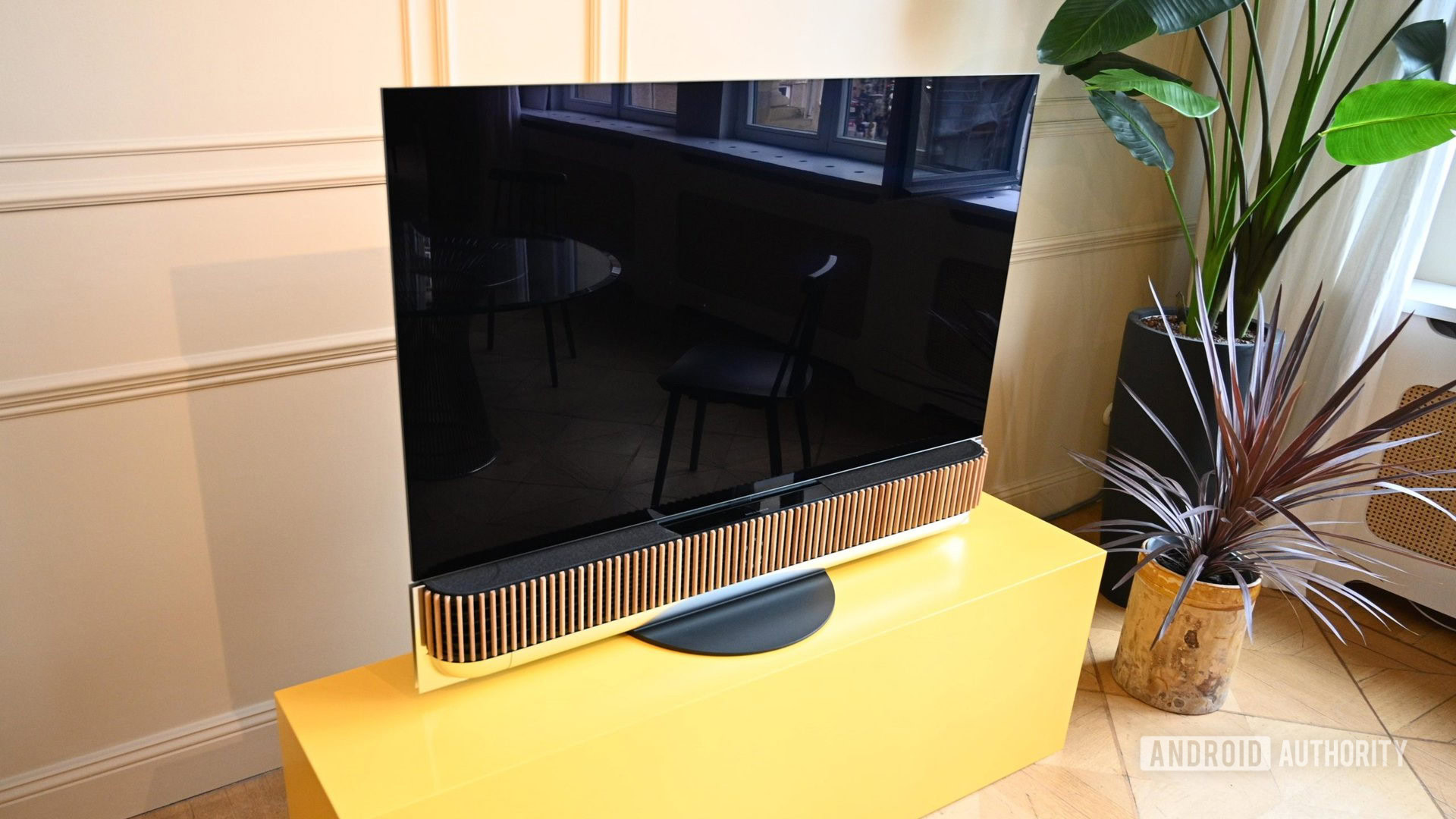
For people like myself, one of the overriding problems with a smart soundbar is having to share it with others. My wife and I have been together since 2014, and if at least one of us is off work, there’s a strong chance the TV is busy. Our son arrived in 2018, and he’s old enough now that he can launch apps by himself.
When someone else is watching TV, a smart soundbar might as well be out of bounds.
The issue is that if someone’s watching, say, The Northman or Golden Girls, it’s rude to ask Alexa or Google Assistant to set a timer on a soundbar, never mind hijack it with music or a podcast. Even the shortest requests are going to temporarily mute someone’s content. And regardless of who’s doing what on a TV, if it’s in use, you may still find yourself having to shout or mute to make voice commands heard, neither of which is ideal for a couple or family.
The Sonos Playbase doesn’t have a microphone, but was a potential source of conflict in our household anyway, since it was possible to accidentally cast audio to it when we meant to select different outputs. A “dumb” soundbar avoids any kind of social pitfall.
There are better places for smart speakers
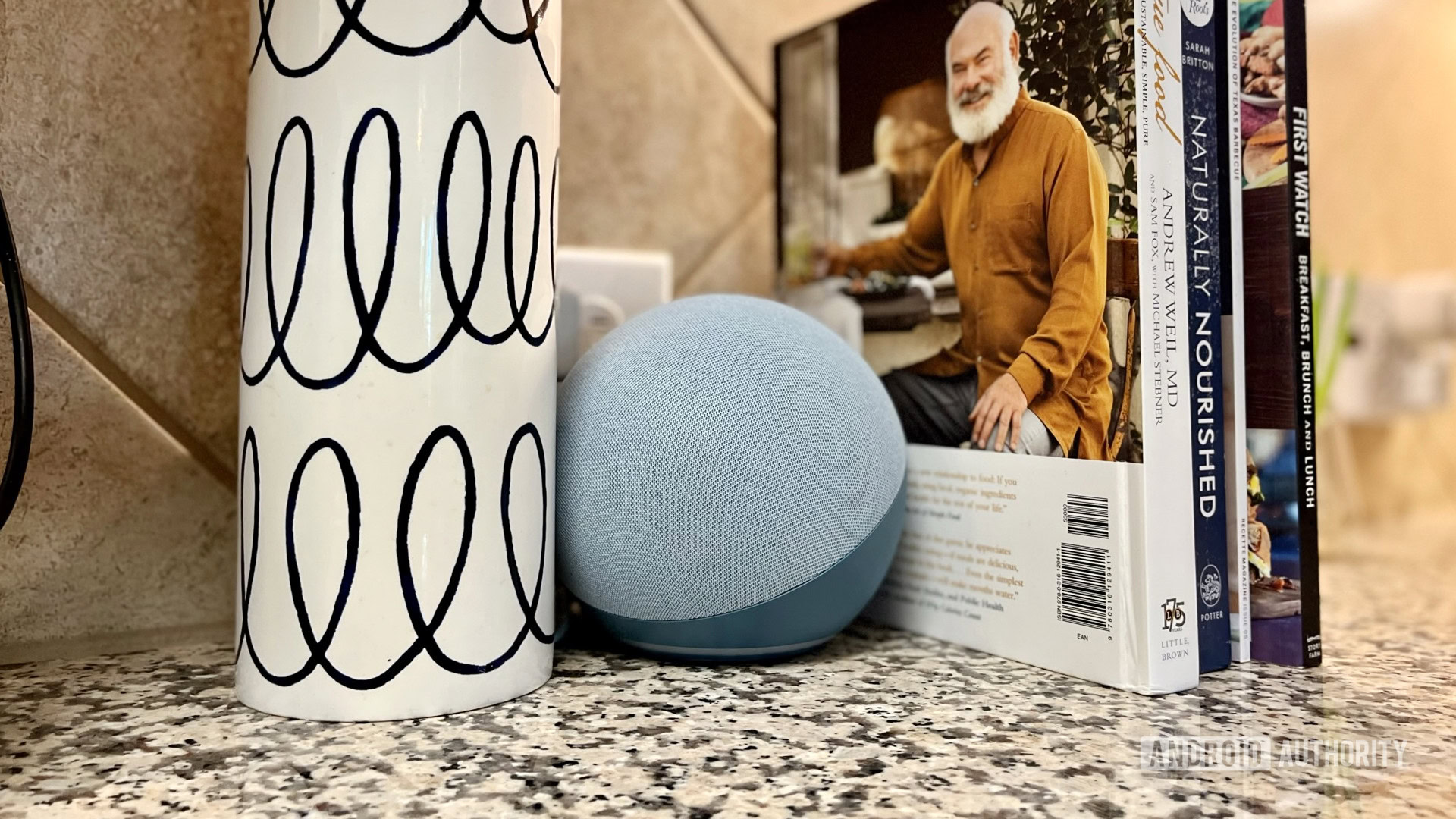
Potential social troubles aside, there are often more useful places to put a smart speaker than next to your TV. If I’m listening to something instead of watching, it’s probably in my office, kitchen, bedroom, or bathroom. Back when our son was a baby, I’d sometimes put naptime music on a nursery speaker. Whenever I get around to building a home weightlifting gym, I’ll want one there.
Often there’s not much going on in a living room that really demands voice control. Yes, some people do like hands-free TV viewing, or even kicking back on the couch for a ’70s-style listening session, but if you’ve got a decent smart TV or media streamer, a remote is probably all you need for input. The main exception to this is adjusting accessories like smart bulbs and thermostats, but of course, not everyone has those. In my case, I’ve also had separate smart speakers for years, so while something like the Sonos Playbase might sound better, I’ve always got accessory control on lock.
Often, there's not much going on in a living room that really demands voice control.
Heck, even general knowledge questions seem to make more sense away from the TV. It’s when I’m in bed or getting breakfast that I want to call up news, weather, or my calendar — not when I’m sitting down to watch a show.
Soundbars without direct voice support, like the Playbase, can actually introduce more friction in the living room. Since the best way to control them without a TV (or a separate speaker) is a phone, I can unintentionally find myself fiddling with apps, whether it’s to find content or change settings. That might happen anyway with an interface like Apple TV or Google TV — I’m picky about the media I consume — but at least that cuts out the middleman.
A question of value
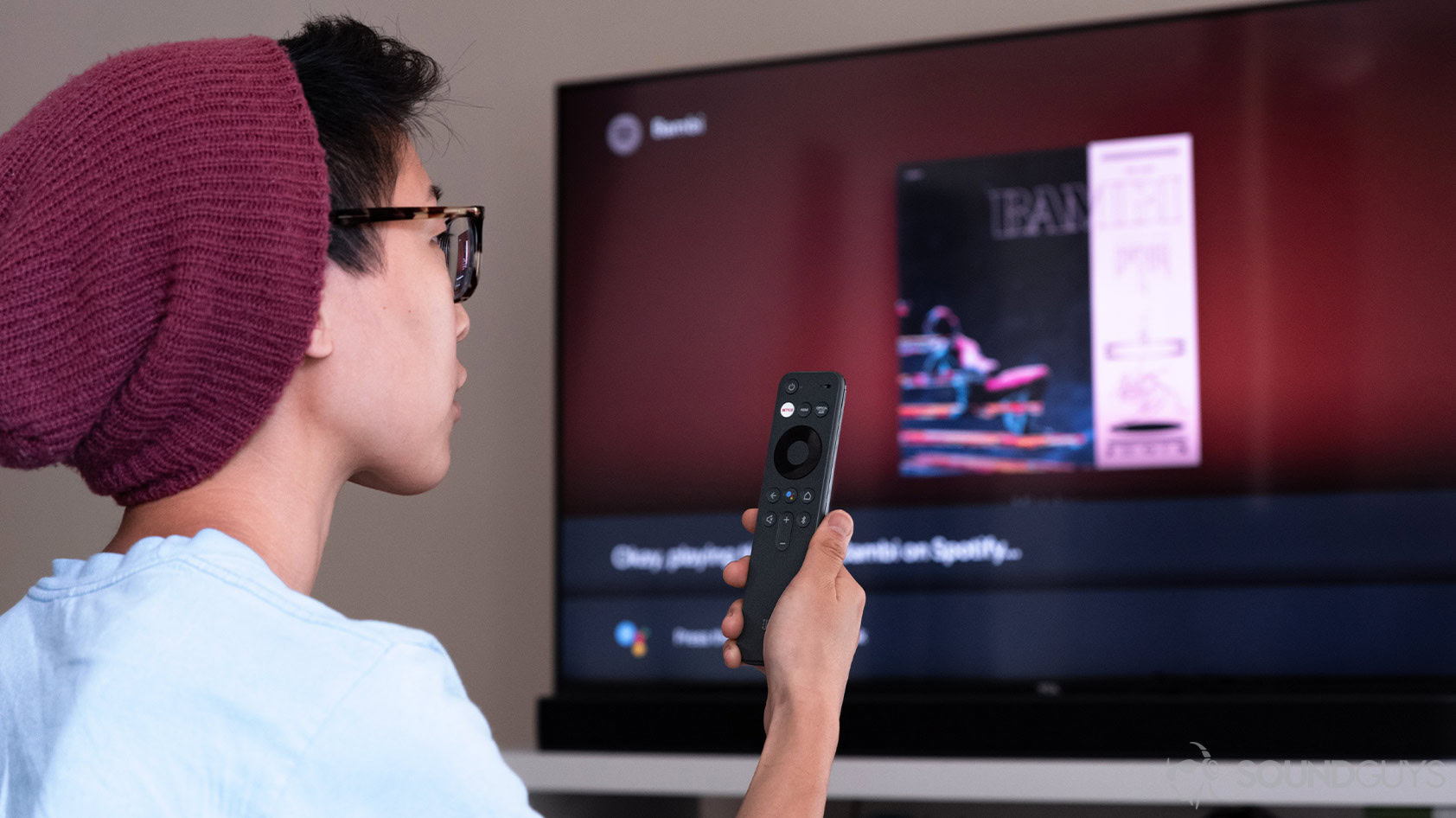
As anyone who’s shopped for them can attest, smart soundbars are often expensive. For the price of a Sonos Beam ($529 at Amazon), you can get a conventional 5.1-channel surround setup or a Dolby Atmos system, albeit not a spectacular one. For the cost of a Sennheiser Ambeo Soundbar Max ($1999.99 at Amazon), you can shake the earth and make neighbors call the police.
Moreover, the functions in smart soundbars can be redundant, as I hinted earlier. Many modern TVs support not just Google Cast and AirPlay but direct control through smart home platforms like Alexa, Google Home, and/or Apple HomeKit. When they don’t, add-on media streamers will often do the trick, and some TVs (like Amazon’s Fire TV Omni series) have built-in microphones so that you don’t even need a remote, much less a smart speaker. As long as your TV is on, you’ve probably got smart tech, so it often makes more sense to focus spending on improving sound quality.
What should you consider instead of a smart soundbar?
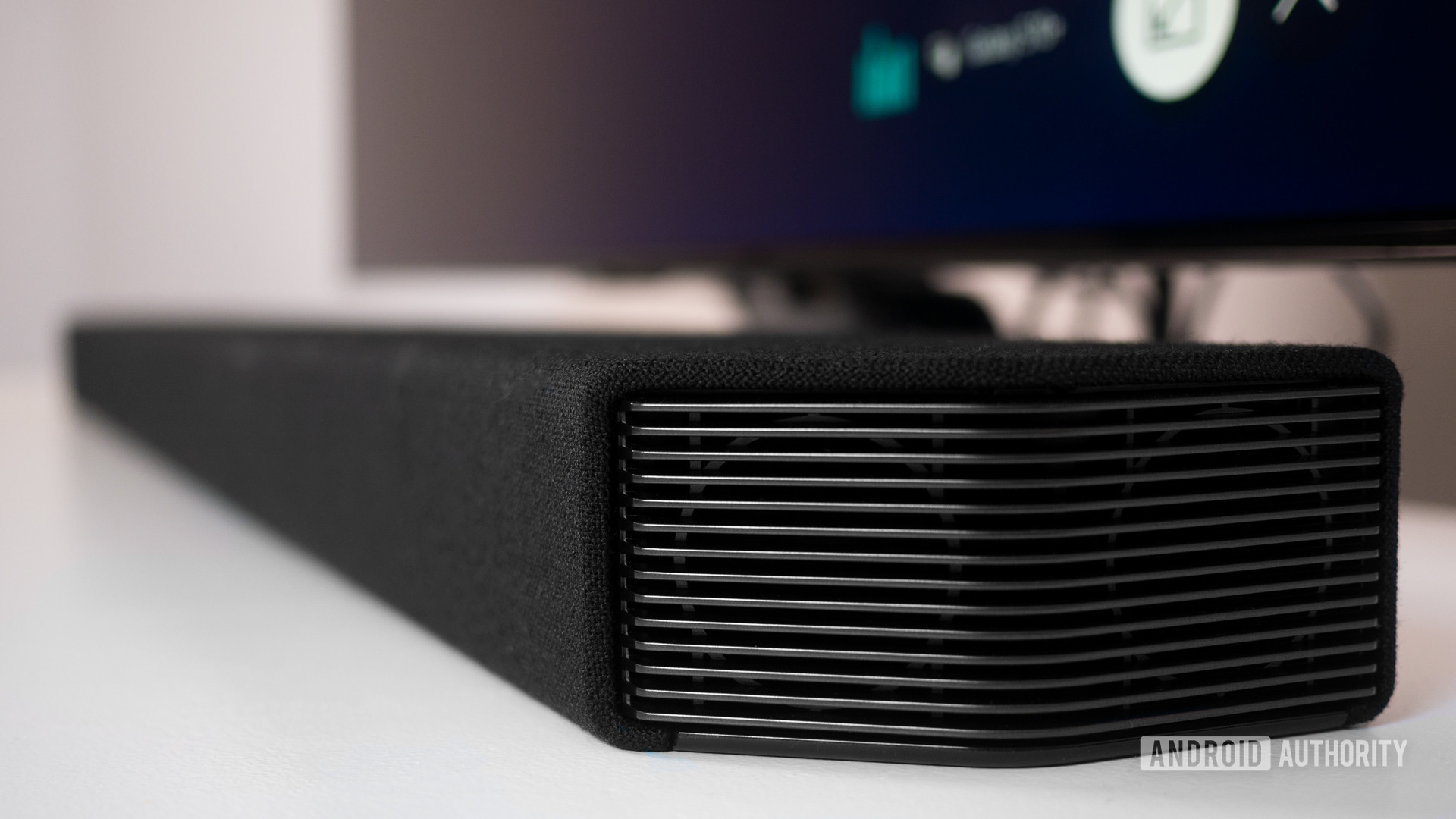
While smart soundbars are increasingly common, there are still plenty of vanilla ones out there, if usually at the lower end of the performance spectrum. In fact that suits my personal interests just fine at the moment — money is tighter than I’d like, so if I was buying something right now it’d be a 2.1-channel product like Vizio’s V214X-K6 ($182 on Amazon). It’s very affordable and if I really wanted to, I could still connect my phone via Bluetooth. I care more about bass and vocal clarity than I do smart functions or even spatial audio.
One thing you should also always consider is room size. You don’t necessarily need more than a budget soundbar in a small room, especially if you’re in an apartment, where a dedicated subwoofer might generate noise complaints.
A 2.1-channel setup with Bluetooth can be excellent for a lot of people.
Others may want to step up in quality, in which case they should check out mid- to high-tier brands like Samsung and Klipsch. Anything with spatial audio support typically comes with at least some smart features in tow though, so don’t expect to save cash if you want that feature. Just avoid setting up smart options if there’s nothing for you to gain.
If you’re seeking high fidelity without smart tech, you may need to bite the bullet and hunt for separate wired speakers. They’ll be more complicated to place and connect, but your ears will thank you in the end.
When should you buy a smart soundbar?
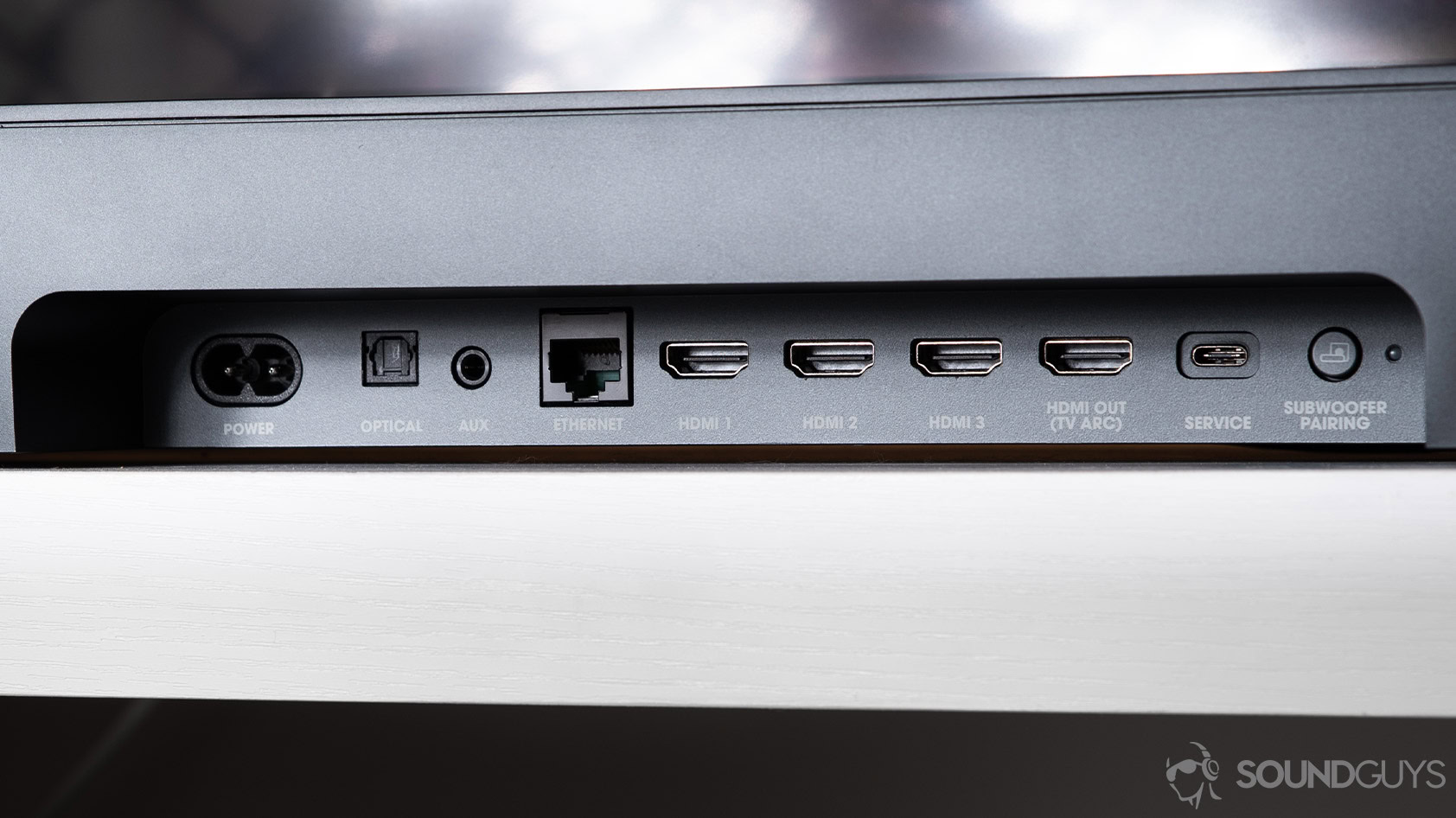
If money is no object, by all means get one — you’ll have access to smart features when they make sense, and you can ignore them the rest of the time. Most soundbars connect to TVs via HDMI (ARC/eARC) or optical ports, so they’re not dependent on smart platforms.
The best uses of a smart soundbar are in homes without any other smart speakers, or in single-person apartments.
When you’re trying to keep spending in check, many mid- to high-tier bars now ship with Google Cast and AirPlay at a minimum, so you may end up with a smart or semi-smart model regardless. When it comes to products with voice assistants, though, the best use cases are 1) in a home where a soundbar is the only smart speaker — rarely-used options are better than not having them at all — or 2) in a single person’s apartment, since there’s little worry about someone else hijacking audio. In those instances, I’d still think twice about whether a dedicated smart speaker would be better.
In a few years, the price versus value point could be completely moot, assuming smart tech migrates all the way down to the cheapest models. I guess we’ll see. In the interim, I’m not feeling the pressure to make my entire home theater setup as smart as possible.
FAQs
Some cinema purists might say so, but otherwise, absolutely not. All smart TVs have internal speakers, and some of them are pretty decent now, if not spectacular. You can always buy detached speakers too.
Possibly, but I’d normally recommend against it. They don’t offer the best of Roku or soundbar technology, so you’re probably better off pairing a Roku Ultra or Streaming Stick 4K Plus with a different bar. If you insist on an all-in-one solution, you could do far worse.
Only partially. For TV audio, you generally need an optical or HDMI ARC/eARC connection, though if you have an Apple TV 4K you can set a Sonos speaker as temporary wireless output. All Sonos speakers connect to Wi-Fi for independent music, podcasts, voice commands, and smart home functions.
Some low-end soundbars are barely better. Most, however, deliver noticeably improved volume, bass, and clarity. They can potentially enable spatial audio formats like Dolby Atmos.